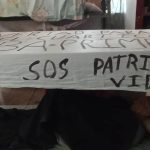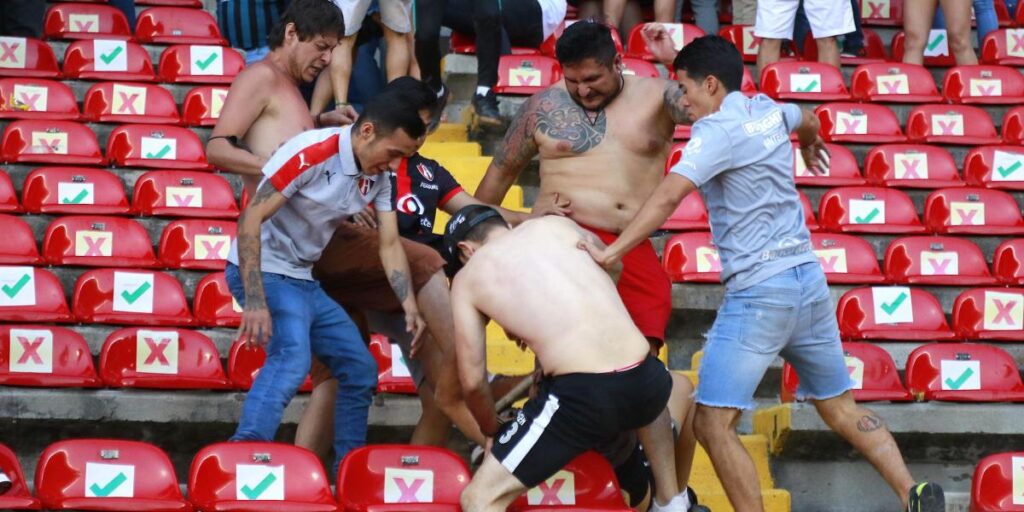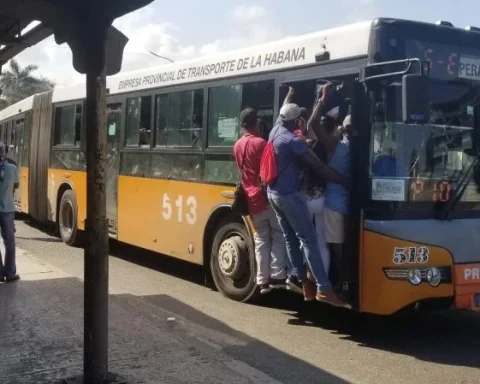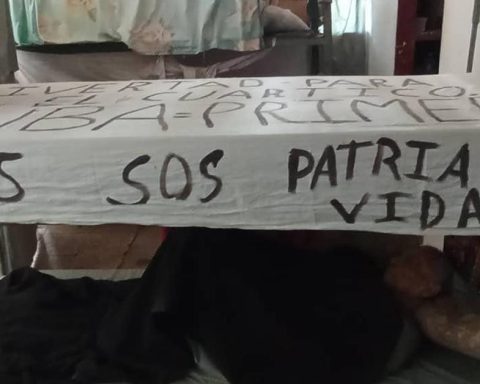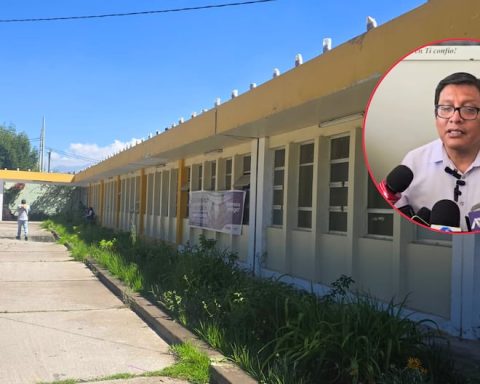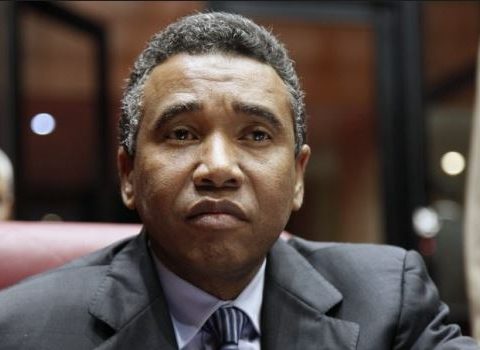The Attorney General’s Office launched its action guide for prosecutors on the investigation and litigation of femicides, in which it requested that every violent death of a woman femicide is presumed, until proven otherwise. They raised it based on the Model of the Latin American Protocol for the investigation of violent deaths of women for reasons of gender of the United Nations Organization (UN), which promotes this measure.
In the guide they complement the ways in which gender-based violence should be treated in its different stages and in the different procedural stages.
Regarding the definitions, they called for maintaining a gender perspective, which in their words “implies recognizing the power relations that exist between the genders that have been historically constructed and go through the entire social fabric” and maintain impartiality so as not to incorporate patriarchal stereotypes that could harm the investigation. On the other hand, they echoed the work of the academic and feminist activist Marcela Lagarde, who understands that femicide has a “political meaning.”
According to his vision “femicide is a State crime.” It is “a fracture of the rule of law that favors impunity.”
In terms of specific actions – of which they listed a series, most of them provided for in the law of gender violence – They stressed that in any investigation of the violent death of a woman, biological samples should be requested to verify whether or not there was sexual violence..
In addition, they stated that the Department of International Cooperation must give “special priority to any request for international assistance in the framework of an investigation or litigation in cases of femicide.”
Criticism of the media: “It is a social problem and not an event”
In an annex to the guide, guidelines were established for the treatment of topics in the media. In this sense, they urged that “gender violence be viewed and transmitted as a social problem and not as an event.”
In this sense, they called to avoid using images of the victim’s children, their home or the aggressor. They added that “phrases should not be used that magnify the details of the act of violence (…) it is important not to fall into morbidity or sensationalismor, exposing or disseminating photos or any violent image of the victim or details of the investigation, do not use set phrases and be careful with the adjectives that are used.
They pointed out that the prosecutor can recommend to the media that avoid “scandalous, frivolous or discriminatory headlines, the trivialization of the news, the use of unnecessary adjectives and the over-exposure of images of the victim”.
Also, they intend to ensure that “erroneous concepts” are not used, such as “crimes of passion”, “crimes of love”, or “crimes of jealousy”, since they justify the behavior of the aggressor. As well as invoking “justifications” such as a fight, alcohol or drugs.







